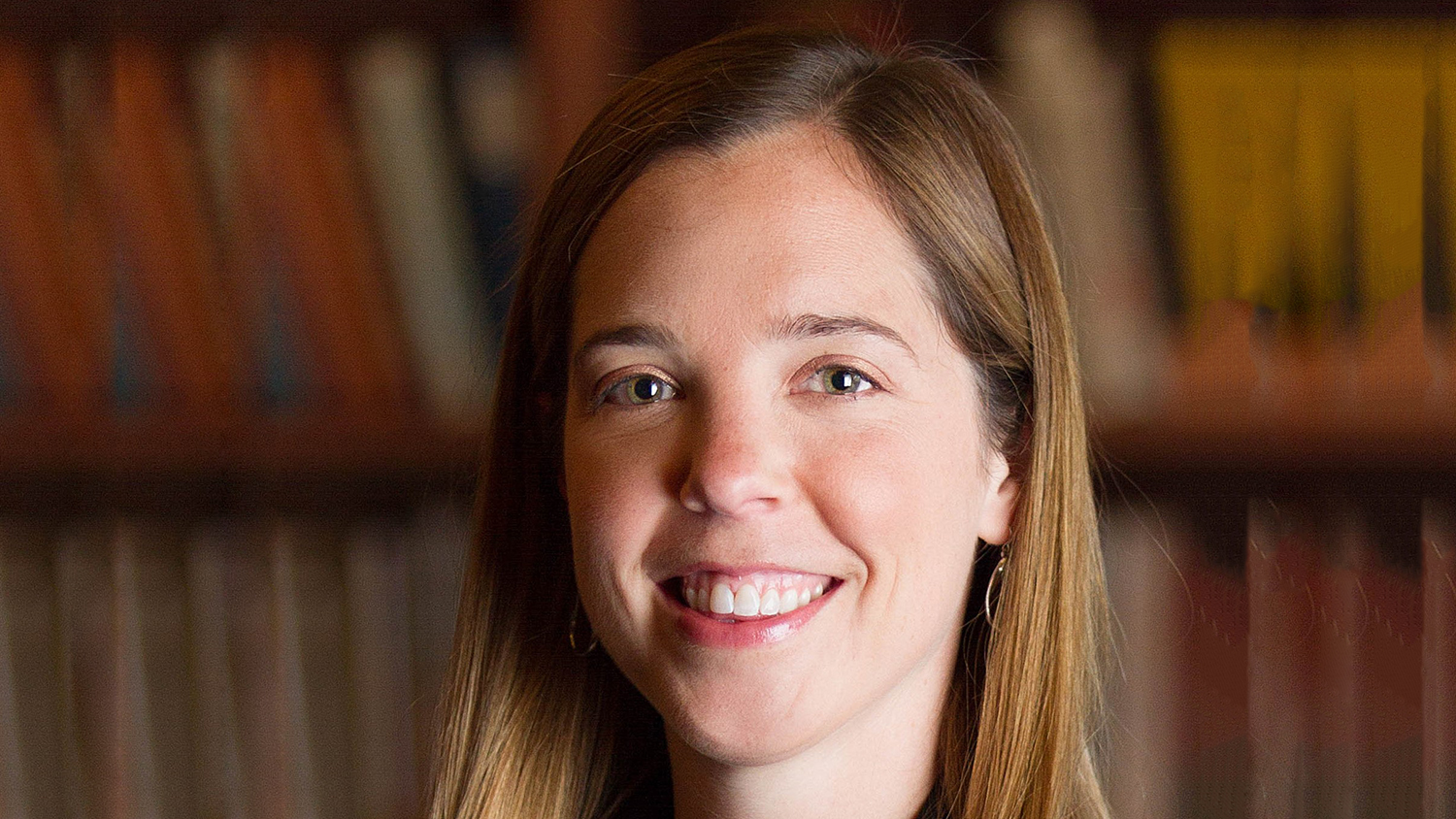Meet Jennifer Ayscue: Education Has the Power to Change Lives

“I believe that education has the power to change lives. Schools are extremely important because they provide children and youth with education, and they are also a public institution where people of all different backgrounds have the potential to come together to learn.”
This is part of a series of profiles of faculty who joined the NC State College of Education in 2018-19.
[spotlight-box label=”” img=”” heading=”Jennifer Ayscue” cta=”” url=””]Title: Assistant Professor in Educational Leadership
Department: Educational Leadership, Policy, and Human Development
Education: Ph.D. in Education, University of California-Los Angeles; M.A. in Education, Stanford University; A.B.Ed., University of North Carolina at Chapel Hill
Experience: American Educational Research Association Congressional Fellow, United States Senate; Research Director, The Initiative for School Integration, The Civil Rights Project/Proyecto Derechos Civiles, University of California-Los Angeles; Teaching Assistant, Equal Rights and Unequal Education: An American Dilemma, University of California-Los Angeles [/spotlight-box]
Why I Chose the NC State College of Education: Having grown up in North Carolina, I’m happy to return to my home state and am committed to serving the people of North Carolina. I’m excited about the opportunity to work with future leaders who will have a strong impact on students’ experiences in schools. I’m also looking forward to working with great colleagues on the complex issues that exist in education.
Why I Chose Education and Educational Policy: I believe that education has the power to change lives. Schools are extremely important because they provide children and youth with education, and they are also a public institution where people of all different backgrounds have the potential to come together to learn. As a result of spending several years as a classroom teacher, I developed a better understanding of the larger social, economic and political forces impacting my ability to work with my students. This experience led me to focus on how policy shapes students’ access to diverse and equitable educational opportunities.
Why I’m Interested in Access, Equity and Diversity in Education: My interest in access, equity and diversity in education developed through a combination of experiences both as a practitioner and as a researcher. I taught in two highly segregated elementary schools. One of the schools was in Charlotte, North Carolina, where the student body was almost all black, most students were low income, and many were homeless because our school was located near a homeless shelter. The other school was in East Palo Alto, California, where the student body was predominantly Latino, first-generation immigrant students who were English learners. I also worked with students who were homeless in shelters and through non-profits in Charlotte, North Carolina, and San Francisco, California. Through these experiences, I saw firsthand the vast inequalities between schools in the same school district and between school districts that are literally separated by a highway. I became interested in understanding how segregation by race, poverty and language is related to educational inequality. Through both my independent research at UCLA and collaborative research with The Civil Rights Project at UCLA, I further developed three main areas of research that are all related to understanding how policy and practice shape students’ access to diverse and equitable educational opportunities: 1. analyzing desegregation trends, 2. exploring policies and practices that facilitate or constrain integration, and 3. remedying civil rights violations in education.
My Teaching Philosophy: My approach to teaching is to guide students in developing their understanding of the current issues and policy debates in education. I support students in identifying their interests and potential contributions to improving education and making the educational system more equitable for future generations of students. By creating opportunities for meaningful and authentic, relevant learning experiences, I provide students with the tools and resources they need to construct and refine their knowledge. My goal is for my students to develop the skills to analyze and evaluate education research, education policy and current issues in the field, and skills that students can use as practitioners or scholars long after they leave my class.
Why I Teach This Way: I developed this teaching philosophy through my own experiences as a classroom teacher and through valuable mentoring relationships. As a classroom teacher, I saw students light up with excitement as they explored and learned. I have also been very fortunate to have extraordinary mentors who have given me sound guidance while also encouraging me to pursue my own path.
What I Hope My Students Will Learn From Me: Consistent with my overall approach to education — which is to expand access and opportunity — I hope that my passion for my research and teaching will provide students with skills, knowledge, and opportunities to fulfill their own goals.
- Categories:


